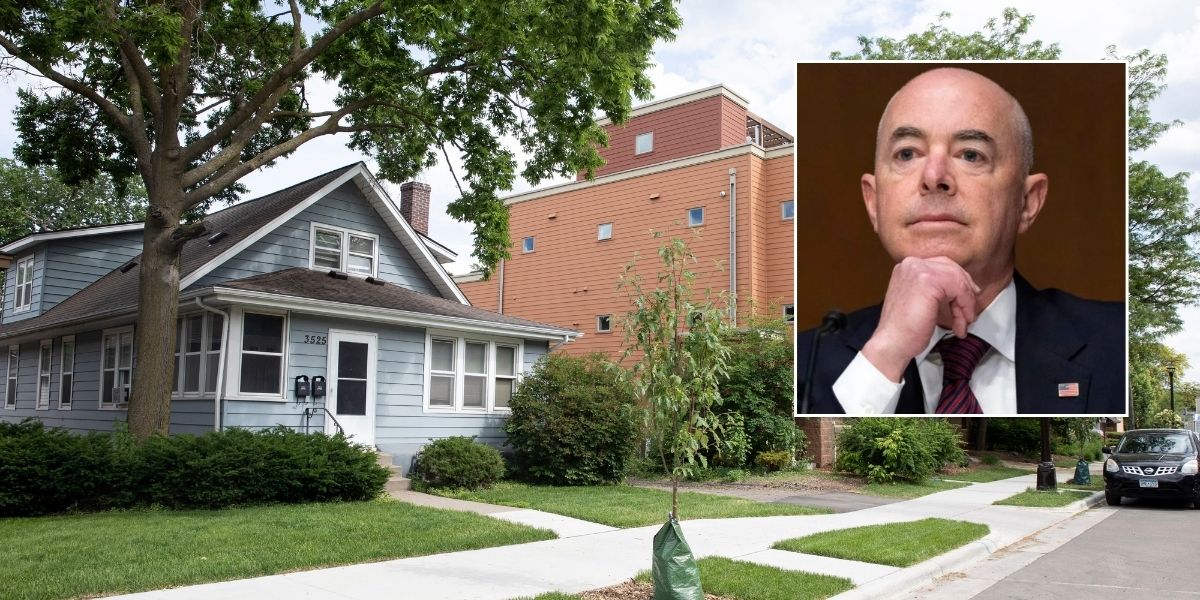A state legislator proposed a bill that would prohibit Illinois localities from issuing single-family only zoning permits.
Rep. Kam Buckner, a Democrat from Chicago, stated on X, a platform that was once Twitter, that his House Bill 4795 attempts to address the self-inflicted housing catastrophe that many Illinois cities, including Chicago, are facing.
“If we are serious about affordably housing more people, we should do away with the barriers that complicate that,” Buckner stated .
“On and after June 1, 2025, for a zoning unit with a population equal to or greater than 100,000 but less than 500,000, and on and after June 1, 2026, for a zoning unit with a population equal to or greater than 500,000, the zoning unit may not zone area exclusively for single-family residential use,” the measure, which would create the Single-Family Zoning Ban Act, states.
Chicago and many cities in Illinois have a self inflicted housing crisis.
If we are serious about affordably housing more people, we should do away with the barriers that complicate that.
Exclusionary zoning contributes to segregation and lack of affordable housing. pic.twitter.com/amkyX1Bw3M
— Rep.Kam Buckner ✶ ✶ ✶ ✶ (@RepKamBuckner) February 5, 2024
Tentac Enterprises, a significant real estate corporation in Central Illinois, is owned by Charlie Farner, who stated that the company currently operates ten subdivisions around Bloomington-Normal.
“If this goes through and they qualify McLean County, I am concerned they might reverse our single-family zoning on a buildable lot. They might say, ‘No you can’t sell that, you have to replat or redo your subdivision to accommodate this new law,'” Farner stated. “That would be horrible.”
Farner expressed concern that realtors might not be able to make any money if the law passes. According to Farner, you lease apartments rather than sell them.
According to Buckner, his bill would outlaw zoning for single-family homes solely on X. Additionally, he stated that only eight Illinois cities—cities with a population of 100,000 or more—are covered by the bill.
“Until there’s actual legislation to look through and line-by-line analyze what they’re trying to accomplish, it’s state intrusion into local planning,” Farner stated.
Farner expressed doubts that the bill will be limited to eight cities.
“The bottom line, whether you’re Republican, Democrat or Independent, is let our local communities do what’s best for our communities. We know what’s best and here you have the state coming in, ‘Nope we are going to broad-brush this thing.'”
Although it’s unclear if Bloomington-Normal will be affected by the proposed prohibition, Farner expressed concern that Illinoisans won’t be able to realize the American Dream as a result of it.
According to the bill, a zoning unit that has 100,000 or more residents cannot zone a region just for single-family residential usage.
A township, county, or municipality is defined as a “zoning unit” in this measure. The population of Bloomington-Normal is approximately 168,000. Furthermore, the municipalities fall short of the 100,000 residents required for the prohibition to be in effect.












Leave a Reply